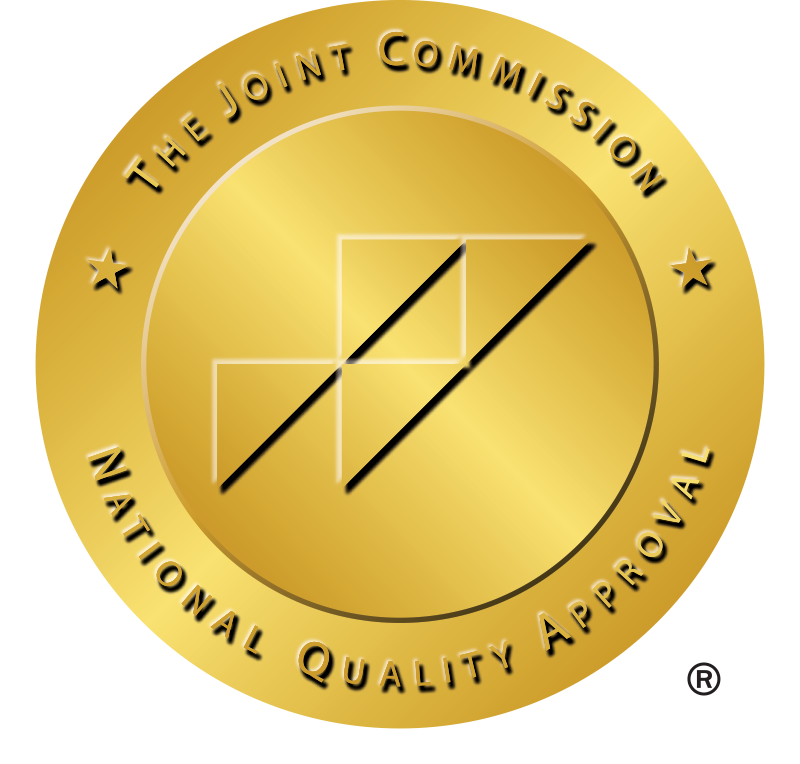What is Compassion Fatigue?
What is Compassion Fatigue?

KELBY THIEBAUT
DIRECTOR OF ADMISSIONS
ALLENDALE TREATMENT
KELBY THIEBAUT
DIRECTOR OF ADMISSIONS
ALLENDALE TREATMENT
Compassion fatigue is the physical and mental exhaustion, and emotional withdrawal experienced by those who care for sick or traumatized people over an extended period of time.
One recent study published in the journal, Aging & Mental Health, shows that 71% of family caregivers experience high levels of caregiver burden, or stress, and as many as 59.5% experience signs of compassion fatigue.
I joined WANE15’s Medical Minute to talk about compassion fatigue, the dangers of it, and what to do if you are experiencing it.
Who is at Risk for Compassion Fatigue?
Anybody who cares for others that are dealing with trauma is subject to compassion fatigue.
Some examples include health care professionals, caregivers of those with special needs, pastors, chaplains, and humanitarian workers, social workers, first responders and long-term care professionals.
What Are the Dangers of Compassion Fatigue?
Compassion fatigue, also known as secondary trauma, can be harmful to our quality of life in many ways. The onset can happen suddenly and is often mistaken for burnout.
Compassion fatigue can lead to interpersonal problems such as difficulties getting along with others and problems with intimacy, lead to disturbances and the ability to think clearly, feel effective, and maintain hope, lead to physical ailments such as headaches, nausea, and vomiting, chronic pain, and chronic fatigue.
High levels of cortisol, which is our primary stress hormone, can increase susceptibility to illness. Prolonged secondary trauma can increase the risk of heart disease, diabetes, obesity, and gastrointestinal conditions.

It can lead to psychiatric conditions, such as mood disorders, hypochondria, depression and anxiety, personality disorders, and PTSD.
These disorders can also lead to addiction including drinking, drugs, gambling, smoking, and eating disorders.
What Should I do if I am Struggling with Compassion Fatigue?
If you think you may be struggling with compassion fatigue, it is important to remember we have to be healthy to do our best work in such a way that is sustainable and enriching over time.
Dealing with Compassion Fatigue
If you are dealing with compassion fatigue, here are some things you can do:
- Going to therapy
- Seeking support from peers
- Practicing gratitude
- Begin an exercise routine
- Stay kind to yourself
- Seek inpatient treatment
We must practice what we preach and ensure that our own restorative self-care is a top priority in order to prevent compassion fatigue.





